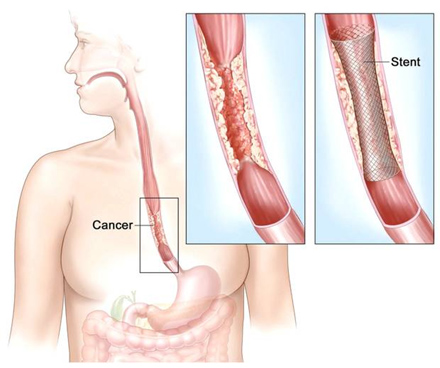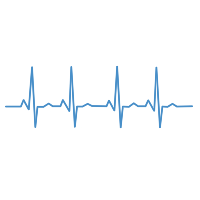
Symptoms
Signs and symptoms of esophageal cancer include:
- Difficulty swallowing (dysphagia)
- Weight loss without trying
- Chest pain, pressure or burning
- Worsening indigestion or heartburn
- Coughing or hoarseness
Early esophageal cancer typically causes no signs or symptoms.
Overview
Esophageal cancer is cancer that occurs in the esophagus — a long, hollow tube that runs from your throat to your stomach. Your esophagus helps move the food you swallow from the back of your throat to your stomach to be digested.
Esophageal cancer usually begins in the cells that line the inside of the esophagus. Esophageal cancer can occur anywhere along the esophagus. More men than women get esophageal cancer.
Esophageal cancer is the sixth most common cause of cancer deaths worldwide. Incidence rates vary within different geographic locations. In some regions, higher rates of esophageal cancer cases may be attributed to tobacco and alcohol use or particular nutritional habits and obesity.
Complications
As esophageal cancer advances, it can cause complications, such as:
Obstruction of the esophagus Cancer may make it difficult or impossible for food and liquid to pass through your esophagus.
Pain Advanced esophageal cancer can cause pain.
Bleeding in the esophagus Esophageal cancer can cause bleeding. Though bleeding is usually gradual, it can be sudden and severe at times.




